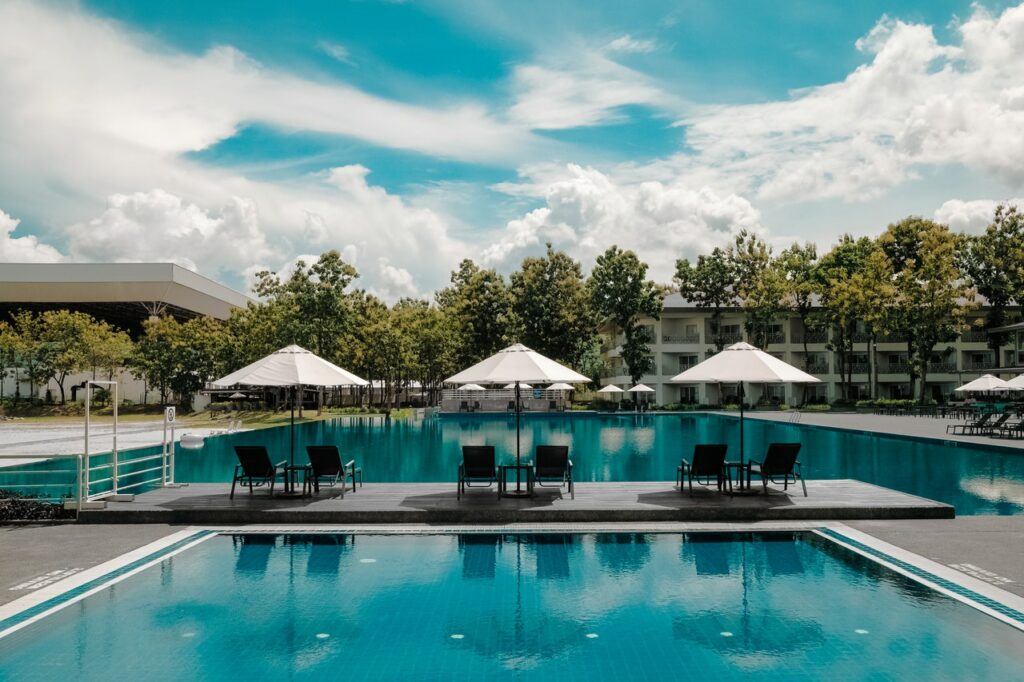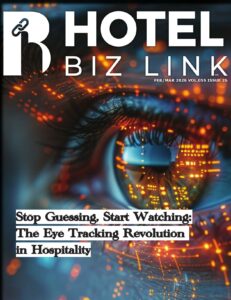Since the onset of the Covid pandemic, the premium hotel sector had taken a very terrible hit. The new Omicron variant continued to wreak havoc on the profits of the luxury hotel sector. As soon as there were signs of resurgence in leisure travel, which were significantly boosting hotel occupancy rates, the Omicron variant appeared on the scene to play spoilsport.
Over the last two years, the hotel industry has suffered several obstacles and losses like lockdowns, limits on international and domestic travel, and a general lack of confidence in people’s ability to travel. This hampered the hotel business considerably in 2020 and 2021.
The hotel sector started slowly recovering from the pandemic in 2021 and was successful to a huge extent in adapting to the new normal laws of travel, which are digitally driven and contactless. The appearance of Omicron, at least briefly, hampered and impeded the recovery rate, specially during the end-of-the-year holiday season.
Despite the greatest efforts of people all around the globe to eradicate Covid-19 illness, it has become endemic – similar to flu. This means we must grow used to it and adapt accordingly. There is a global agreement among the hospitality and tourism industry “That we must be continually alert while remaining functional”.
Impact of Pandemic On Luxury Hotels:
In the year 2021, hotels in certain locations continued to suffer while other locations saw some positive recovery signs. This trend was to be seen in the majority of hotels globally. Those in urban areas had it tougher while those in remote areas fared far better. Full-Service/ Luxury hotels, which require considerable manpower to supply the plethora of services and amenities, faced more challenges than Limited-Service hotels, which provide fewer services and require fewer employees to operate.
In the wake of the omicron variant, luxury hotels have adjusted to the circumstances; hotels were well-prepared to provide visitors with a seamless, safe, and enjoyable experience using technologies such as contact-less booking, smartphone applications that guests may use to schedule services, order meals, or make transactions. Overall, the hotel industry has taken steps to adapt itself and be prepared to deal with it. The outlook is that, even in the worst-case situation, Omicron would only delay the recovery by a few months.
According to a survey done by HotStats, though the initial dip was harsh for luxury hotels, they have made a good comeback during later stages of the pandemic. The U.S luxury hospitality segment, as of December 2021, was running at the same profit rate as of December 2019.
U.S. luxury hotels, in December 2021, recorded gross operating performance per available room (GOPPAR) of $152.11, which was $1 off from the same time in 2019 and 1,588% higher than December 2020.
The luxury hotels have increased their operational management, keeping a tighter control on their expenses. Hoteliers will do everything possible to keep costs under control this time, but cost increase is unavoidable as demand and occupancy grow.

















More Stories
Mexico’s 2026 Luxury Hotel Explosion: Caribbean & Pacific Gems
SBA Blocks Green Card Holders From Key Loan Program, Raising Concerns for Immigrant Businesses
Drury Plaza Hotel Lincoln Downtown Opens: Nebraska’s New Business/Leisure Hub!